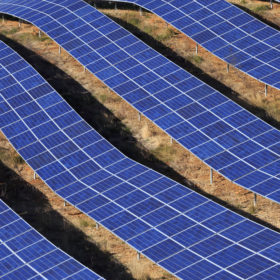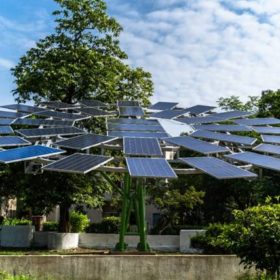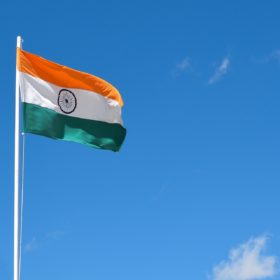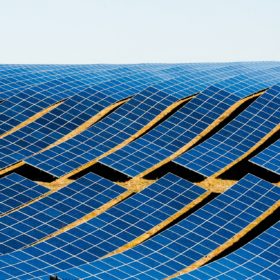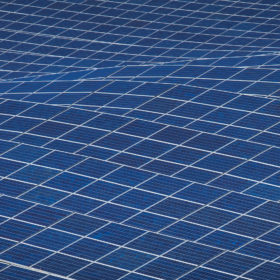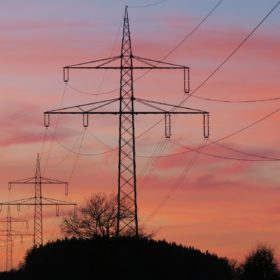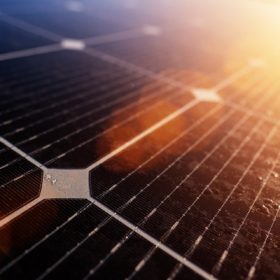Adani becomes world’s largest solar developer
The world’s sixth-largest solar player in 2019 has risen to the top spot by securing a contract from Solar Energy Corp. of India to develop 8 GW of PV capacity.
A solar tree for agricultural applications
The Internet of Things (IOT)-enabled solar tree — using 35 solar PV panels with a 330 Wp capacity each — is especially useful for the agricultural community in providing electricity for high-capacity water pumps, e-tractors and e-power tillers. It can also allow precision agriculture through IoT-enabled features such as real-time humidity, wind speed, rainfall prediction and soil health monitoring.
Scaling up solar manufacturing in India
A new study by the CEEW Centre for Energy Finance assesses China’s advantages over India, but presents ways for the South Asian nation to build a competitive PV manufacturing sector.
India can’t match Gulf region’s record-low PV tariffs
India’s solar tariffs are some of the lowest in the world, but they’re almost double the Gulf region’s tariffs.
Indian developers demand deferral of customs duty on PV panels
India’s Solar Power Developers Association said that the one-year safeguard duty extension has already driven up capital costs. Any additional tariff barriers would jeopardize the Indian government’s “100 GW by 2022” target, it claimed.
Indian state of Gujarat launches 110 MW PV tender
Gujarat State Electricity Corporation Limited (GSECL) has invited bids to set up an aggregate 110 MW of grid-connected solar power plants at several substations operated by Gujarat Energy Transmission Corporation Limited. Bidding closes on September 16.
India added just 351 MW of solar in Q2
Pandemic-related disruptions hit solar project construction in the second quarter, according to Bridge To India. Activity will likely rebound over the coming quarters, with 4,720 MW expected to be commissioned in the second half.
Indian coal tar company enters battery business
Epsilon Carbon has commissioned a new production facility to manufacture synthetic graphite anode materials for lithium-ion batteries. It plans to invest US$70 million over the next five years to increase the plant’s capacity to 50,000 tons.
Indian manufacturers request duties on PV imports
India imported $1.3 billion worth of solar cells and modules from China in fiscal 2019-20, but domestic manufacturers are now demanding a level playing field to compete against cheaper imports.
Modi loosens the purse strings to help India’s struggling state utilities
Covid-19 hits to demand and bill payment collection have worsened the plight of the nation’s already debt-crippled power distribution companies, prompting the government to order an exceptional relaxation of lending limits.
